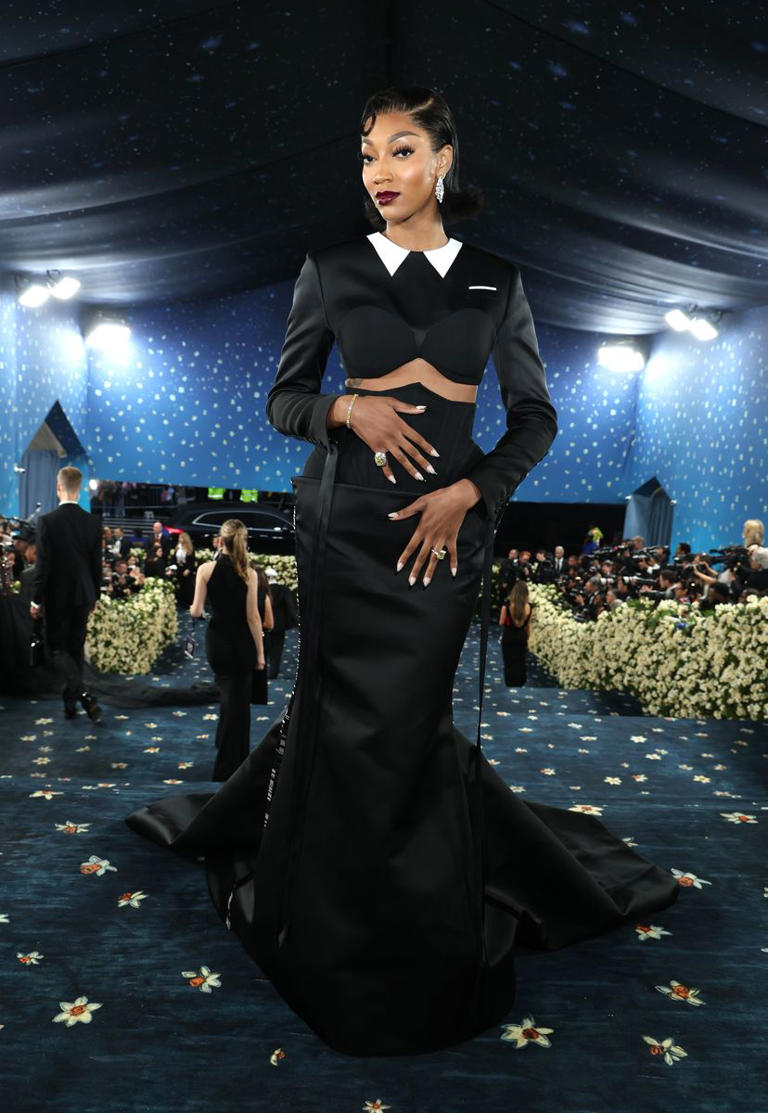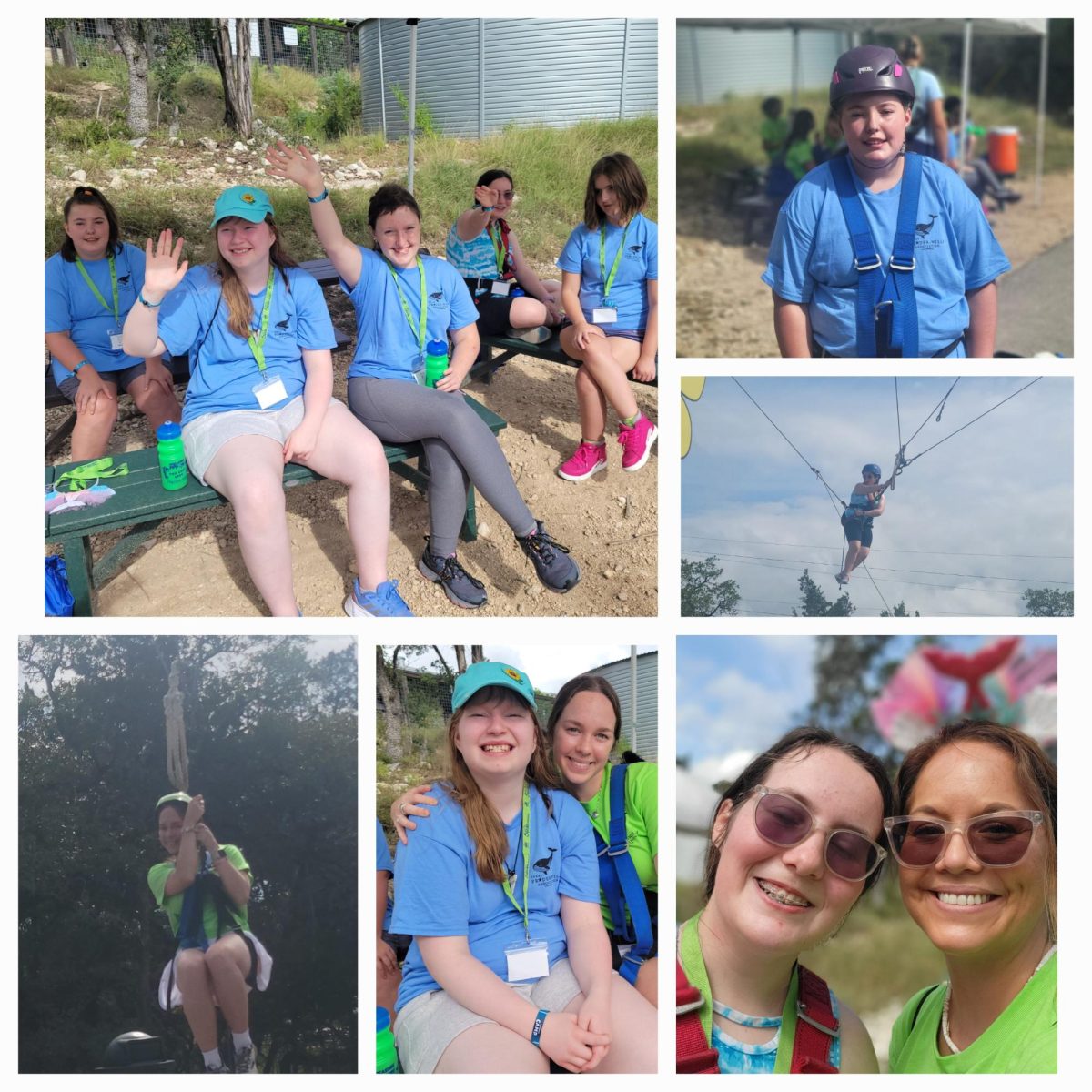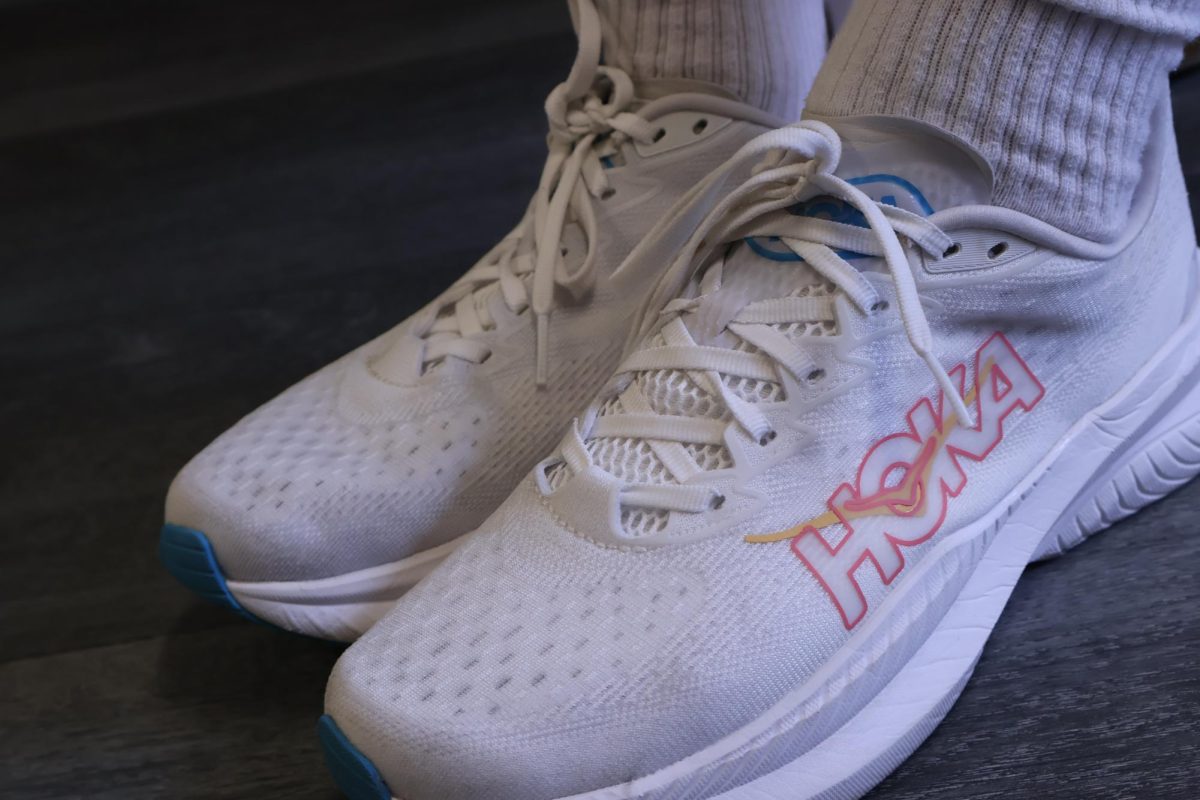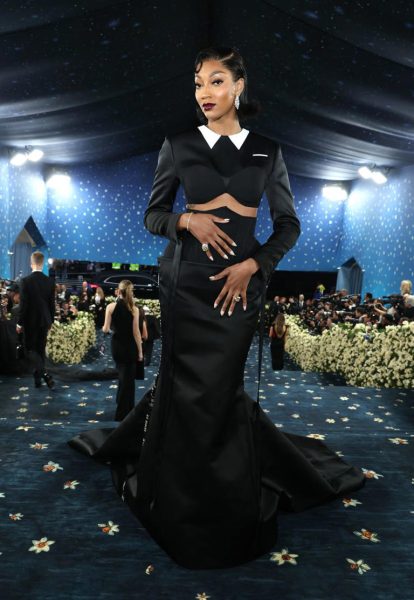Reshma Saujani: Girls Who Code
In 1995, 37% of computer scientists were women. What about today? It’s only 24%. Year after year, these tech jobs are growing, yet our girls are being left behind. Today, only 1 in every 5 Computer Science graduates are women. Studies show that while 66% of 6-12 year old girls show an interest in computer programming, only 32% of 13-17 year old girls and 4% of college freshman show an interest in coding. Girls should be able to code just as good as boys, yet the gender gap in technology is getting worse every year.
Girls Who Code is reversing the tide. They have organizations all over the country, in all 50 states. Their founder Reshma Saujani, has given TED talks and was the first Indian American woman to run for Congress. Reshma Saujani is the author of Women Who Don’t Wait in Line: Break the Mold, Lead the Way and Girls Who Code: Learn to Code and Change the World
“Women are being left behind. And it means our economy is being left behind… on all the innovations and problems women would solve if they were socialized to be brave, instead of socialized to be perfect.” Saujani says in her 2016 TED talk.
When Saujani ran for Congress, everyone said that she was crazy, that she wasn’t going to win. And she didn’t. But that was the first time that she had done something truly brave and had not worried about being perfect. Saujani says that girls are being taught “to smile pretty, play it safe, get all A’s. Boys, on the other hand, are taught to play rough, swing high, crawl to the top of the monkey bars and then jump off head first.”
If this is true, then we need to teach our girls to be brave. In Girls Who Code, those girls not only learn how to code, they learn how to be brave.
“My friend Lev Brie, who teaches intro to Java at Columbia University, tells a story about his office hours with computer science students. When the guys are struggling with an assignment, they’ll come in and say, ‘Professor, there’s something wrong with my code.’ The girls will come in and say, ‘Professor, there’s something wrong with me.'” says Saujani.
Girls Who Code is the organization that Saujani founded and is now CEO of. Although she doesn’t code for a living, Saujani believes that coding will teach girls that failing is okay, because coding is full of fail. Sometimes, the code doesn’t work because of one little semicolon. To code what you want to code, you have to be able to fall down and stand back up again- and again- and again. Fifty times, even. This was exactly what Saujani was looking for.
“I cannot tell you how many women tell me, ‘I’m afraid to raise my hand. I’m afraid to ask a question because I don’t want to be the only one who doesn’t understand, the only one who’s struggling.'” Saujani says. Being brave solves that problem, doesn’t it?
Girls Who Code was founded with one mission: to close the gender gap in technology. They organize talks, clubs, and activities in all 50 states. Girls Who Code even has summer camps and after-school clubs at schools. The organization has grown until it has reached 40,000 girls this year. And they started with only 20. Girls Who Code also runs 80 summer immersion programs (summer camps) and 1,500 Clubs across the US, including ones at schools. So far, Saujani’s idea is working: 93 percent of alumnae have declared or intend to declare a major or minor in computer science. This is a huge step onward. These girls who are majoring or minoring in computer science could lead the way in computer science in the future and blaze a path for more girls to participate. Computer science is going to be the jobs of the future. However, we need our girls to fill it in.
Last year, when my dad and I started a coding club at Canyon Vista, we sent out a form that asked the girls why they joined. 27 out of the 32 girls that responded said that they wanted to learn more about coding, even though half of them only had basic Scratch programming skills.
Current 8th grader Jasmine Li said, “I joined because I want to be a character designer, and it will be related to coding and computers.”
Some of the girls also had robotics experience, which is why they joined my club. Other than that, some girls also had big dreams of the future that had something to do with coding. Current 7th grader Cassie Smith said, “I helped build a robot for FIRST robotics and I wanted to be able to program it, which is why I joined.”
Whatever the case, whether they joined because of their own will or their parents’ will, these girls are raising the stats for women in computing, and maybe will continue to raise them.

Amber might seem cold and strange at first, but when you get to know her properly, she warms up immediately. Amber was born in Atlanta, Georgia, but moved...

























